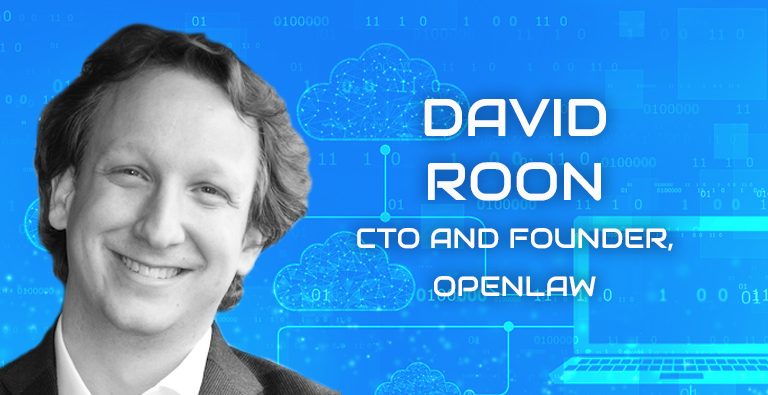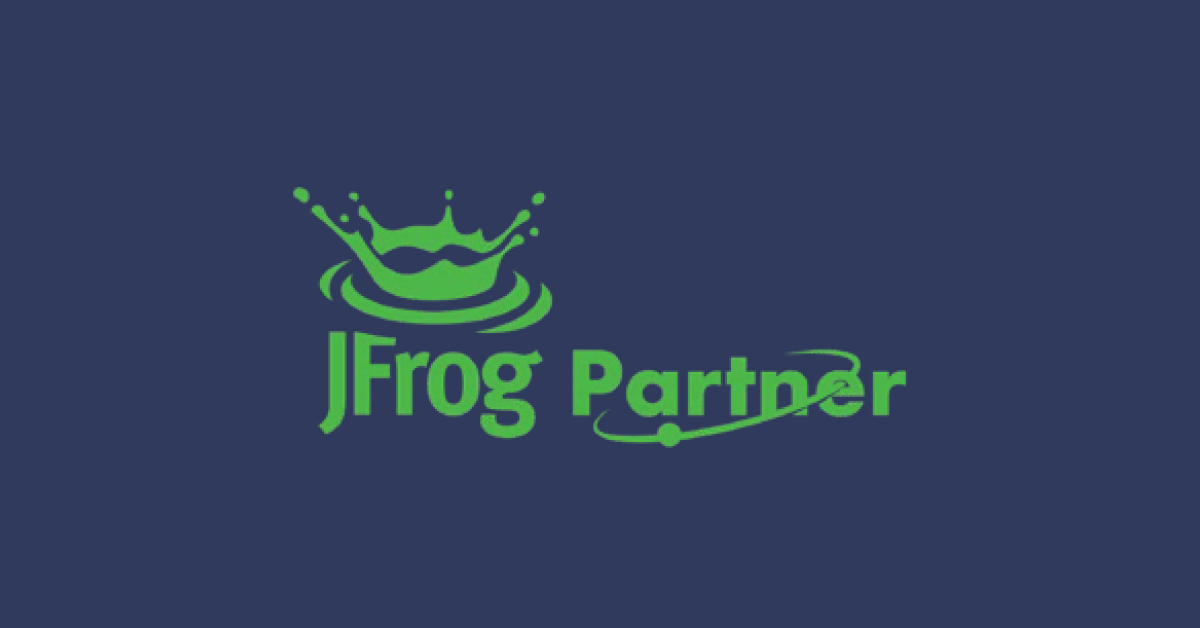
I talked with David Roon, CTO, and Co-Founder of OpenLaw to better understand how they are managing the growth of their business. I was particularly interested in how OpenLaw is expecting and managing their talent needs.
What are some of the most challenging aspects of being the CTO of a company that is utilizing emerging technology?
DAVID: Securing talent is the number one challenge for many technology organizations. While talent recruitment is challenging for OpenLaw, we are fortunate to have a very distributed team that allows us to source talent from all over the world. Our openness to geographic diversity helps us to find the people we need.
However, we’re creating solutions that are technologically complex, including complex protocols, networks, running languages, and so on. Because blockchain technology is new, and we are applying it in alternative ways, we have to spend a lot of time training people.
It is also difficult managing such a distributed team because people are in different time zones. We think a lot about the best ways to manage communications and information flow so that everyone knows what they need to do and how to approach any challenges they may encounter.
Not only is it challenging to manage the logistics of such a distributed team, but it’s also challenging to manage the social part. We work hard to create a sense of belonging and a culture of teamwork – difficult with the team scattered across the globe.
How do you manage the challenge of finding and recruiting the talent you need to grow your business?
DAVID: It isn’t easy. But, since we are working with such emerging technology, prospective team members are interested in what we are doing. We also try to find people through our networks, because people we know or have some connection with are pre-screened. Very specialized people conduct a lot of our work, so we recruit from small and tight-knit communities, which helps us to focus.
Hiring is always a tradeoff. It is a question of how much time to spend determining whether the person is going to fit culturally, versus how much of a risk I will take. Sometimes you decide that a candidate looks good, and take a chance. When you need to hire, you need to find the right person. But you also can’t move too slowly. There is a lot of opportunity in the tech world, and if you’re too slow, prospective talent will go elsewhere.
How do you make OpenLaw as adaptive as possible, particularly using adaptive talent management?
DAVID: We have a network of freelance workers, which helps us to pull people on and off projects as we need to. For us, this is really the essence of our adaptive talent management. However, we do have to consider the fact that it can take us three to six months to get a team member up to speed. So, given the investments you make in people, they become valuable.
To use adaptive talent management, you must have a pool of talent at the ready. As an open-source technology, we have an advantage here. There are developers, customers, and other partners out there using our protocol. These people are a fantastic resource for us because they are familiar with our technology; they have been out there experimenting and engaging with it. They can be productive right away.
Also, because some specific communities engage with us, people often come to us. As one example, there is a community of legal engineers. Lawyers who know how to code. This community is valuable to us, they are interested in our work, and they have a particular set of skills and knowledge.
How do you expect what talent you are going to need?
DAVID: We have a roadmap of where we want to go, and we work to fill the gaps between where we are now and where we want to go. But we are much more reactive. We are not planning the talent and skills we will need two years from now because it would be difficult to make those predictions.
Instead, we’re mapping a project and figuring out how to plug in the people we must accomplish the goal. It is a two-way mapping. First, determine what the industry is interested in – what is commercially viable at the moment. Then we find the people we need to build these products.
How do you nurture your company’s culture with such a distributed team?
DAVID: Our company’s culture is fundamental to our success. We need people who can work autonomously and who enjoy the freedom, but people who can also work as part of the team with people of different backgrounds. We must find people who fit our culture and how we work. Otherwise, we have to spend a lot of time trying to manage them.
As I previously mentioned, it is difficult to foster our culture with such a distributed team. Each day we meet as a team, but it’s challenging for some depending on their time zone. So, we make sure we have a team-wide meeting at least once per week.
A lot of times, technology companies end up with teams clustered more in geographic hubs because it is easier for them to coordinate from a time zone perspective. However, we have a truly distributed team, and we spend a lot of time figuring out how to make communications work across the organization.
This distributed nature of the team forces us to document more, which is good because we have a record of everything we do. We can come back and re-read it as often as we need to. This has been an excellent outcome because it is easy to get lazy about documenting. The downside is that we have to quickly organize the documentation and not waste a lot of time doing so.
Sphere Software (https://sphereinc.com), is the sponsor and organizer of Techdebates.org and also finds great value in these follow-up discussions with industry experts. Sphere is a technology consulting and solutions company. Everything we do is designed to accelerate your business, remove technical constraints and eliminate staffing bottlenecks.





